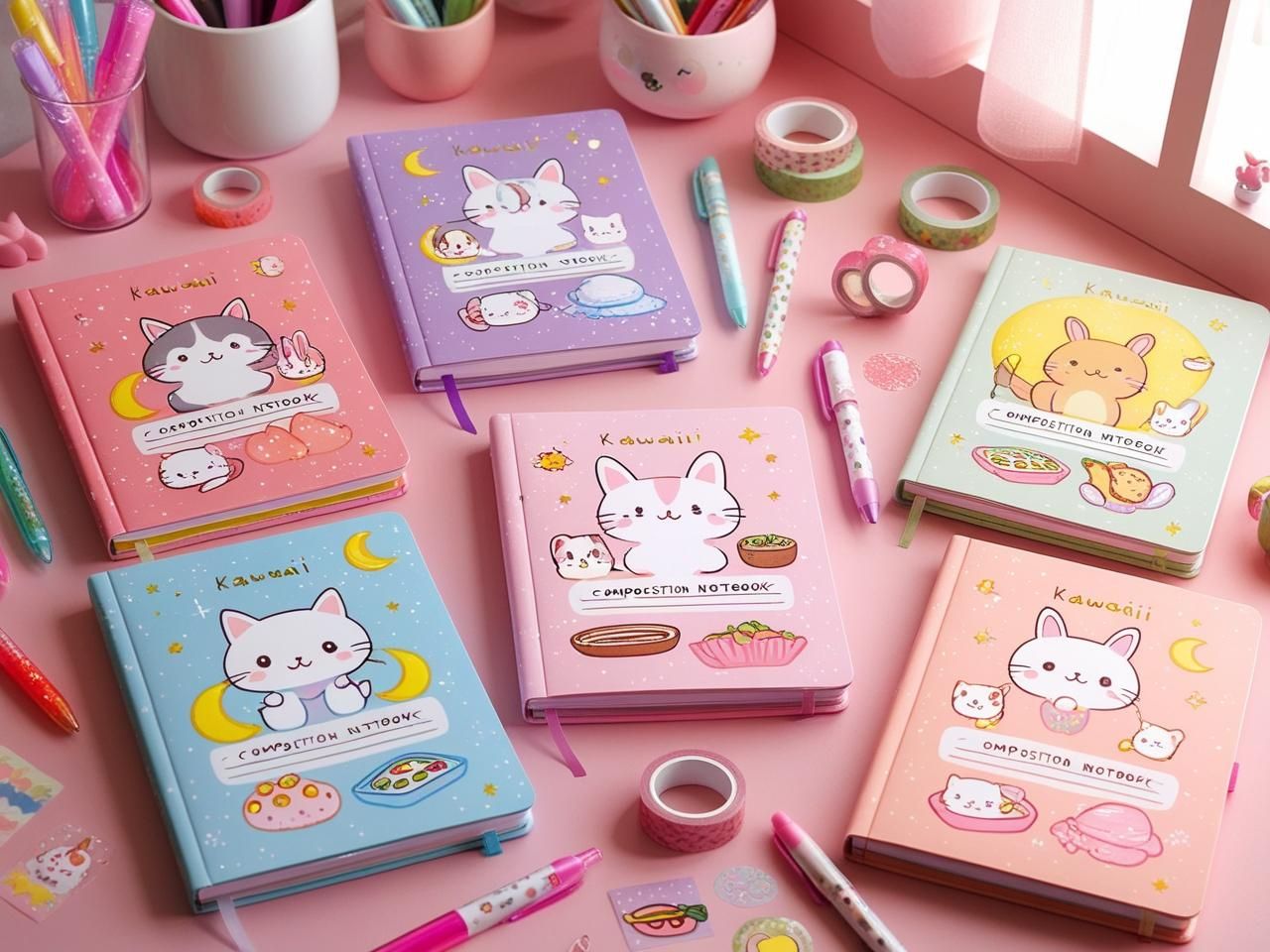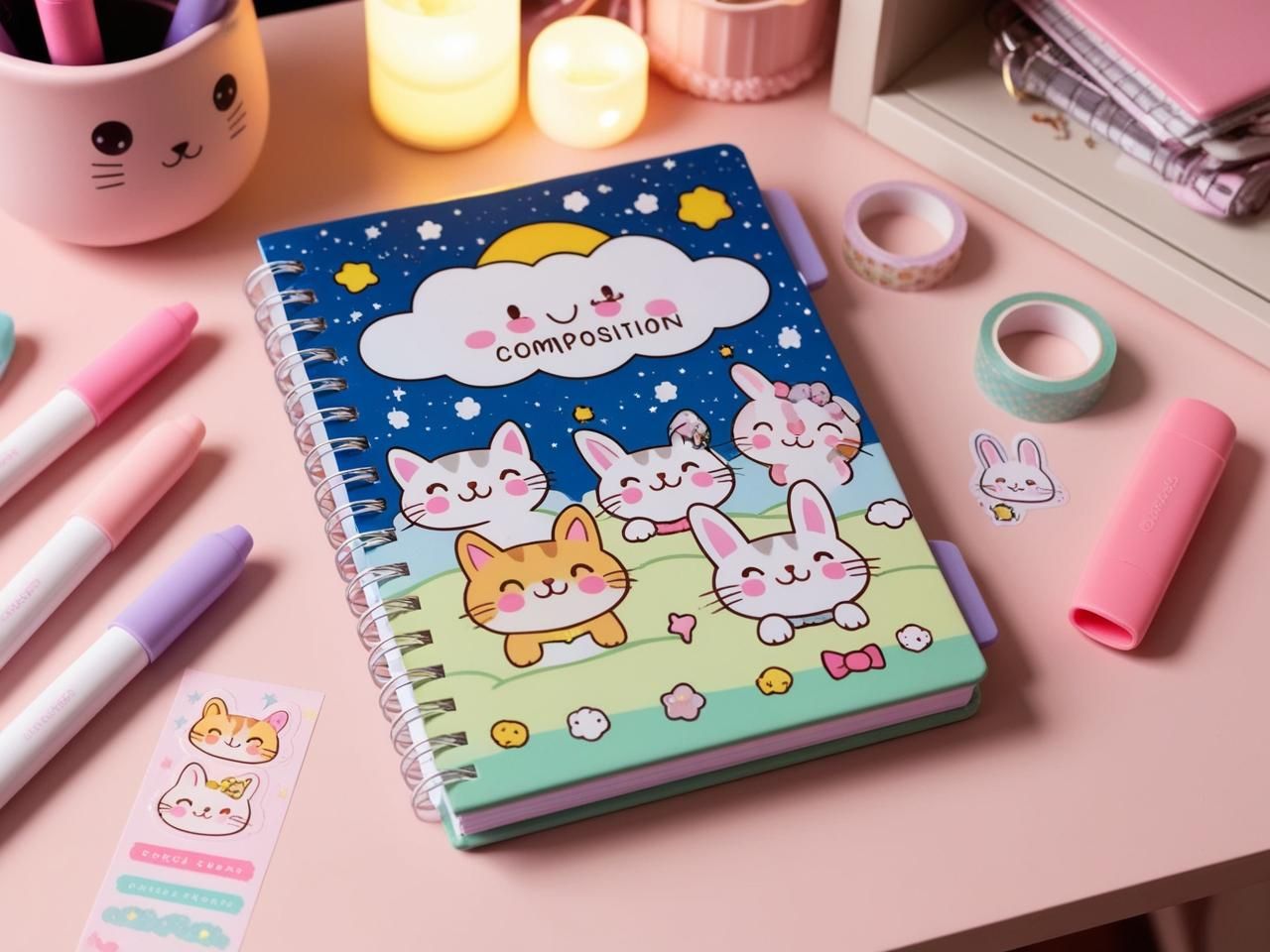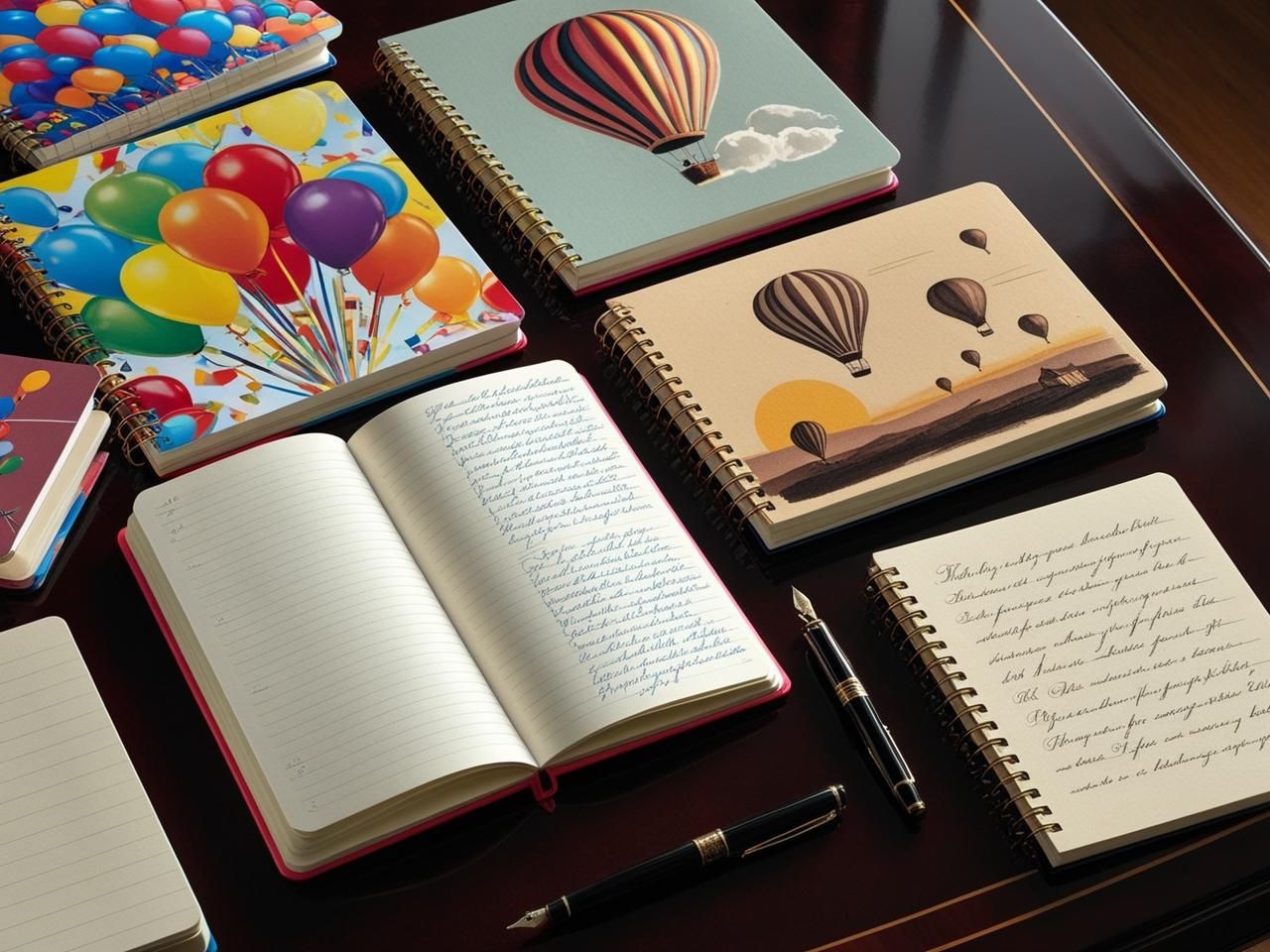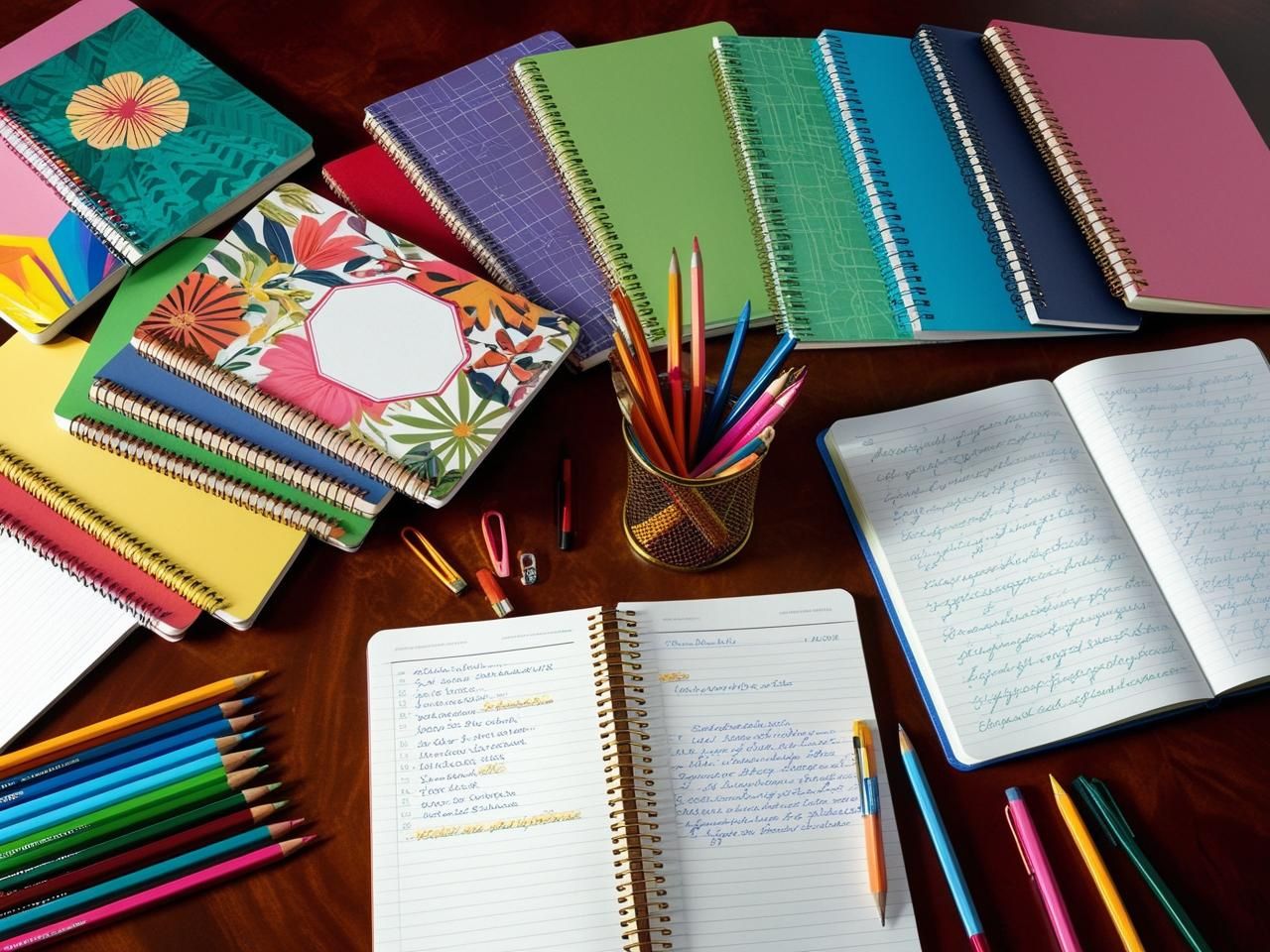- COMPOSITION NOTEBOOK
- Guides
- The Best Journaling Prompts for Creativity and Self-Discovery
The Best Journaling Prompts for Creativity and Self-Discovery
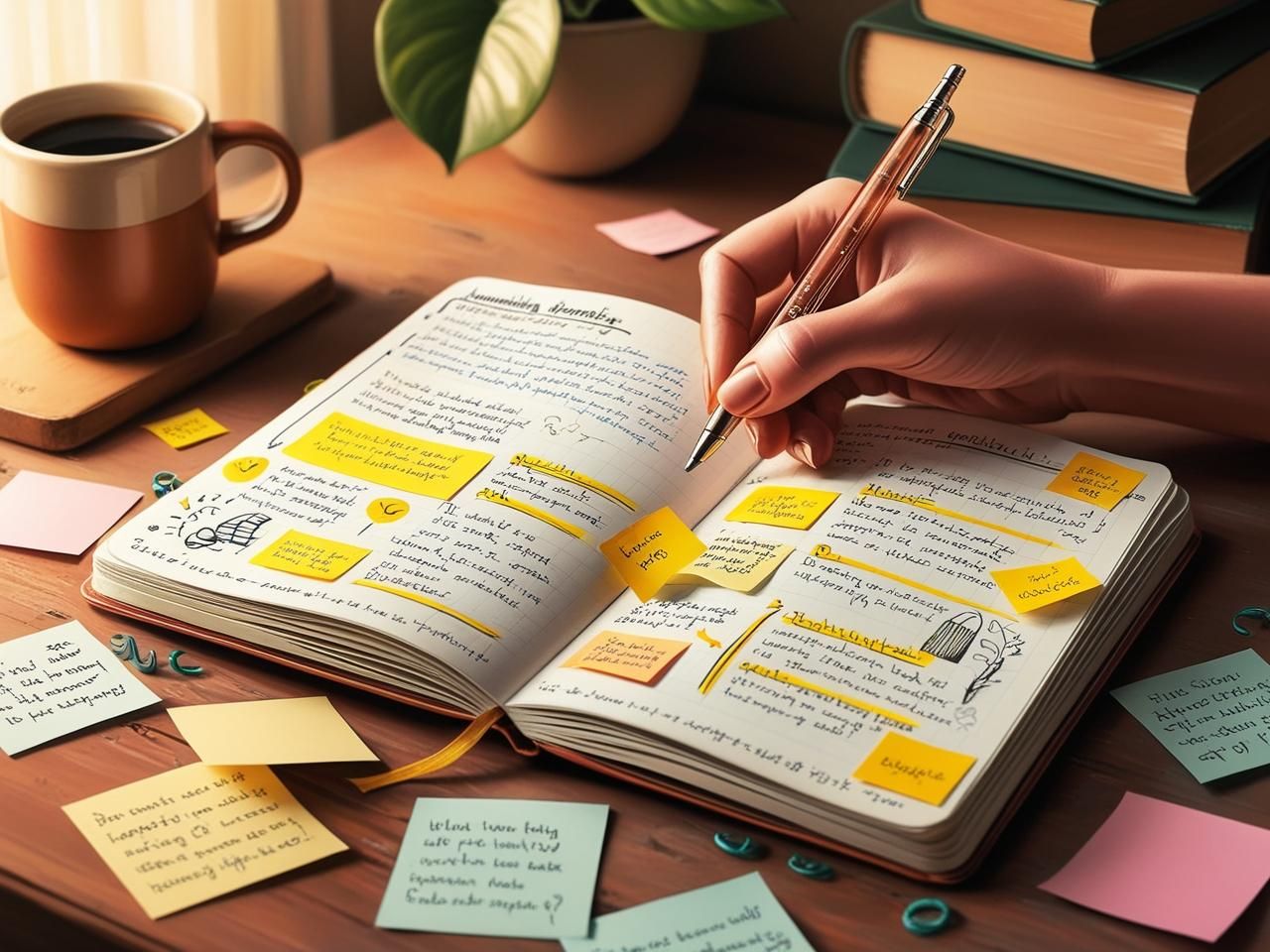
Journaling is a powerful way to unlock creativity and improve self-awareness. Writing regularly helps clear the mind, explore ideas, and develop a deeper connection with oneself.
Using a dedicated notebook can enhance this practice, making it a valuable tool for both inspiration and reflection. Discover more creative ways to use a composition notebook to enhance your journaling experience.
Table of Contents
ToggleWhy Use a Composition Notebook for Journaling?
The Benefits of Writing by Hand for Mental Clarity
Writing by hand engages the brain differently than typing, helping to:
- Enhance memory and comprehension.
- Promote focus by eliminating digital distractions.
- Encourage deeper emotional processing and expression.
How a Notebook Can Unlock Your Subconscious Thoughts
A composition notebook offers the perfect space for creative expression and self-reflection, allowing thoughts to flow freely without constraints.
Journaling for Creativity
How Writing Helps Generate New Ideas
Journaling helps organize thoughts and spark new ideas by:
- Brainstorming without judgment.
- Developing new perspectives through free writing.
- Recording random inspirations for future projects.
Creative Writing Prompts to Overcome Writer’s Block
Overcoming creative blocks can be challenging. Try these prompts:
- “Describe a world where emotions are physical objects.”
- “Write a letter from your future self.”
- “Invent a conversation between two characters from different eras.”
How to Create a Journaling Routine for Maximum Inspiration
Creating a structured journaling habit ensures consistency. Tips include:
- Setting aside a specific time daily.
- Using prompts to jumpstart writing sessions.
- Keeping the notebook accessible for spontaneous ideas.
Journaling for Self-Discovery
Reflective Questions for Personal Growth
Journaling can guide self-reflection. Use these prompts:
- “What lesson have I learned this month?”
- “What are my biggest fears, and how do they hold me back?”
- “What does success mean to me?”
How to Use a Notebook to Track Emotions and Thoughts
Keeping an emotional log helps identify patterns and personal growth.
The Science of Self-Reflection Through Writing
Studies show that expressive writing reduces stress and enhances problem-solving abilities.
30-Day Journaling Challenge for Creativity and Self-Discovery
How to Structure a Journaling Challenge
Commit to writing for 30 days with a set of structured prompts.
Best Daily Prompts for Creativity
Examples include:
- “Write about a dream you had recently.”
- “Describe a place you’ve never visited but wish to.”
Best Daily Prompts for Self-Awareness
Self-awareness prompts include:
- “What three things am I most grateful for today?”
- “How did I step out of my comfort zone recently?”
How to Make Journaling a Lifelong Habit
How to Stay Motivated and Consistent
Stay engaged by varying prompts and making journaling part of your routine.
The Best Times to Journal for Maximum Impact
Morning pages help clear the mind, while evening journaling encourages reflection
Conclusion
Journaling in a composition notebook can fuel creativity and self-awareness. By incorporating prompts, you can transform your writing practice into a meaningful, lifelong habit.
Find the best notebooks for journaling on Amazon or Google Shopping.
RELATED POST
Composition Notebook by Pieffeweb | Cookie Policy | Privacy Policy | Disclaimer
